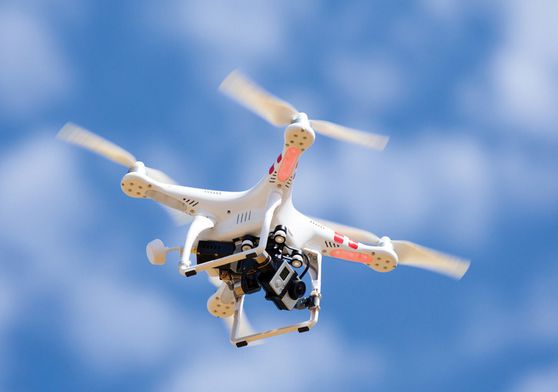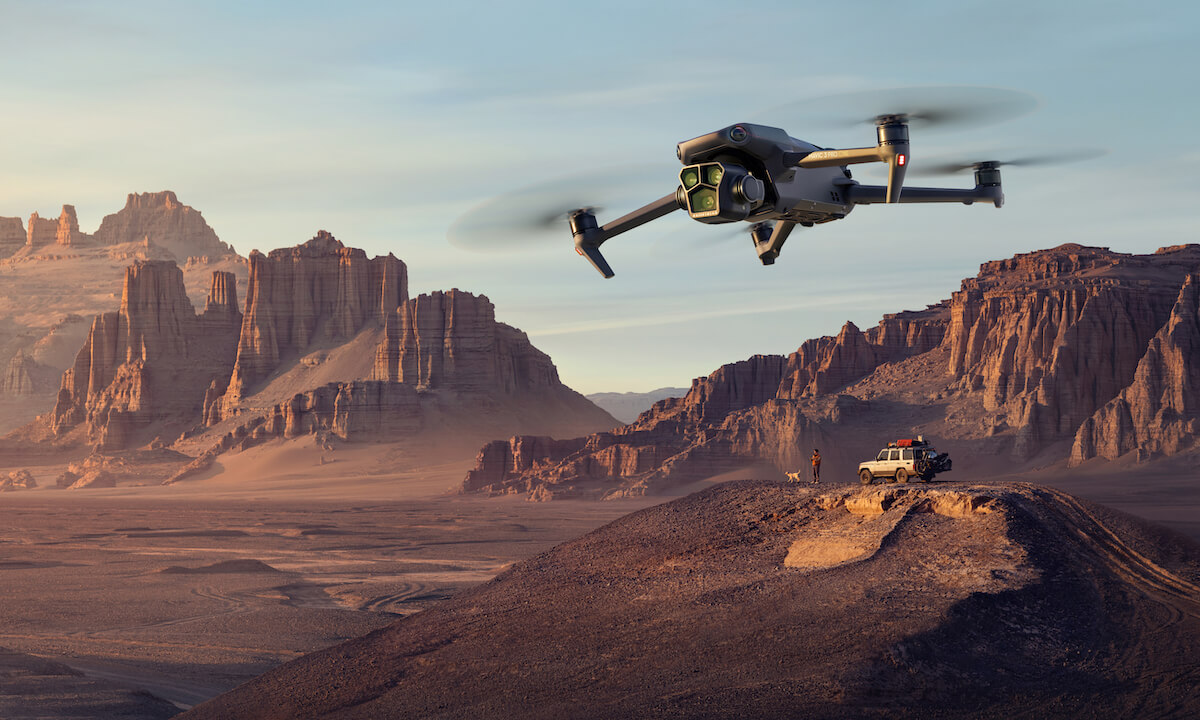Military Applications
The military uses of drones in Russia are vast. These unmanned systems provide reconnaissance, surveillance, and even direct combat capabilities, making them invaluable on the modern battlefield. They offer the advantage of minimizing human risk while maximizing operational efficiency. Russia has prioritized the development of military drones with a keen focus on enhancing their range, payload, and stealth features to maintain strategic superiority.
Innovative Technologies in Aviation
In civilian areas, drones in Russia are revolutionizing industries such as agriculture. Farmers use UAVs for crop monitoring, pest control, and precision agriculture, improving yield and sustainability. In logistics, drones facilitate quick and efficient delivery services, especially in remote areas where traditional delivery methods falter. The introduction of drone taxis is on the horizon, indicating a futuristic vision for urban transportation.
Challenges Faced
Despite the benefits, the rise of drones in Russia has not been without challenges. Regulatory hurdles and airspace control remain top concerns. The integration of UAVs into controlled airspace requires comprehensive legislation to ensure safety and security for all users. Concerns about privacy and data protection also need addressing to gain public acceptance.Economic ImpactThe economic impact of drones in Russia is significant. By automating labor-intensive tasks, drones help cut costs and increase productivity. Industries that implement UAV technologies see enhancements in speed and efficiency, contributing to economic growth. The tech sector is particularly invested, as innovations in drone technology promise lucrative opportunities for startup ventures and established firms alike.Environmental ConsiderationsAs environmentally-friendly technologies become more important globally, drones offer a solution for reducing carbon footprints. In environmental monitoring, drones help track pollution levels and wildlife conservation efforts, providing essential data for sustainable practices. The Future of Drone IntegrationThe future of drone technology in Russia promises broader integration across industries. With continuous advancements, UAVs are expected to be more autonomous, with capabilities such as AI for navigation and decision-making. Innovations in battery technology could extend operational times, pushing the boundaries of current applications.Frequently Asked Questions
- How are drones regulated in Russia?
- Drones are regulated by the Russian Federal Air Transport Agency, which sets rules for their safe operation in civilian airspace.
- What industries benefit most from drones?
- Currently, agriculture, logistics, and military industries benefit significantly from drone technology in Russia.
- Are drones environmentally friendly?
- Yes, drones have the potential to reduce carbon emissions and enhance environmental monitoring.


The integration of drones is radically shaping the technological landscape in Russia, providing new pathways for growth and innovation while posing challenges that demand attention. With ongoing research and development, these flying marvels are setting the stage for an exciting future.